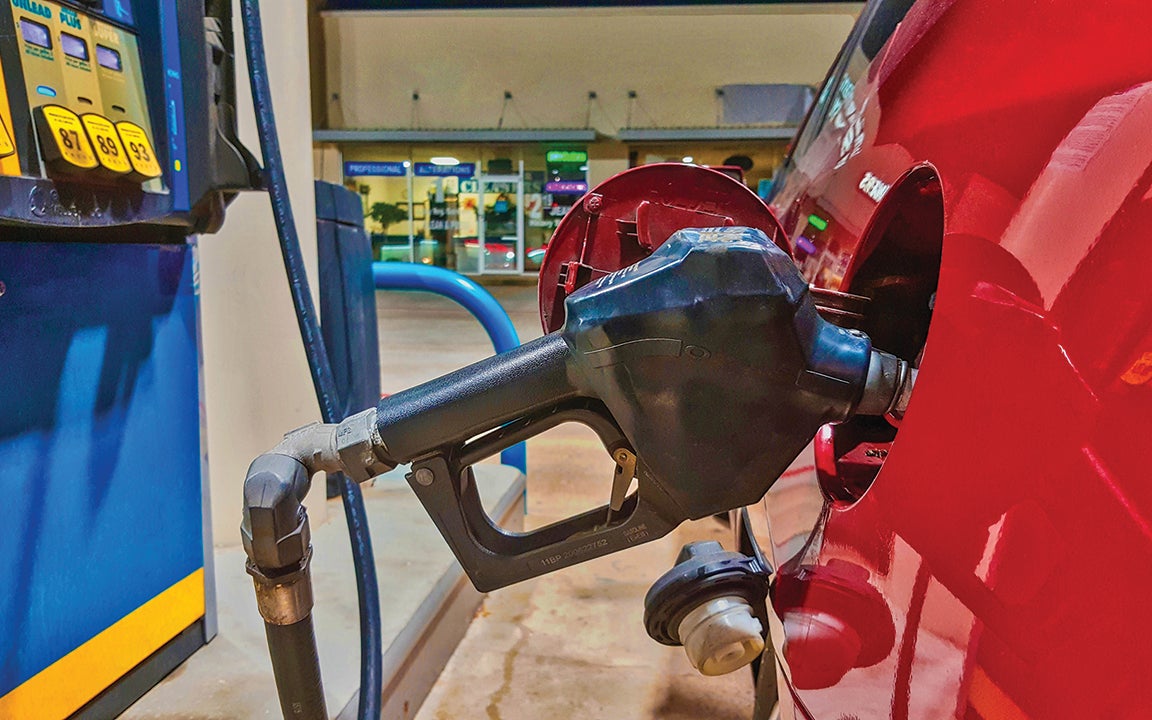Ruling permitting more North Carolinians convicted of felonies to vote blocked for now
Published 3:04 pm Wednesday, April 6, 2022
|
Getting your Trinity Audio player ready...
|
By Gary D. Robertson, Associated Press
A North Carolina appeals court has temporarily blocked the enforcement of last week’s ruling by trial judges that declared people convicted of felonies can vote while serving their probation or parole.
The Court of Appeals on Tuesday issued a stay of the ruling, which struck down a 1973 state law that lays out when voting rights are automatically restored to felony offenders.
Two of three judges ruling on a lawsuit filed by former offenders and civil rights groups concluded that the 49-year-old law violates the state constitution and is discriminatory against black residents. The judges said such offenders should be registered to vote if they apply.
Republican legislative leaders, who are defendants in the lawsuit, say there’s no evidence the law — which eased previous barriers to voting — was motivated by discriminatory intent and that it treats all offenders the same.
They told the Court of Appeals the stay was needed while the case was argued before appeals judges because otherwise it would create confusion during the May 17 primary. As of last summer, more than 56,000 people in North Carolina were prevented from registering under the challenged law.
The order from the Court of Appeals tells the State Board of Elections to not act on felon voter registration applications until further notice. The ruling largely aligns with the elections board’s directive to county boards last week asking that they mark such registration applications as “incomplete” while legal arguments play out.
The appeals court order, first reported by the Carolina Journal, was signed by the Court of Appeals chief clerk. It names none of the appeals judges involved in the ruling.
It is possible Tuesday’s order could be superseded by the state Supreme Court, which received a motion on Monday from the groups that filed the lawsuit asking that the state highest court take over the case and hear the broader appeals from last week’s ruling.
The plaintiffs’ attorneys also want the appeals accelerated so that a decision can be reached in time to allow offenders to vote in the May primary.
The voter registration deadline is April 22 for people who want to vote by mail-in absentee ballot or on the primary election day. Others can register and vote during early in-person voting, which is scheduled April 28 to May 14.
The 1973 law applies to people convicted of felonies regardless of whether they serve time as part of their punishment. The trial judges agreed with evidence presented at trial that linked the law to Reconstruction-era efforts to prevent black people from voting.







